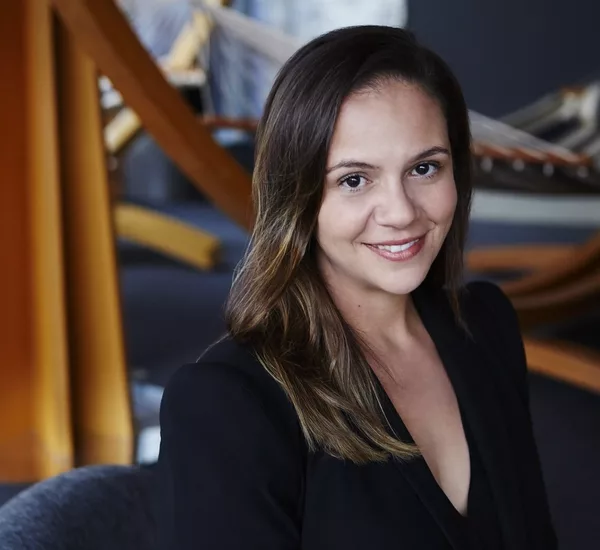Scrolling through a recent issue of AFR BOSS magazine, the profile of new Google Australia managing director Melanie Silva caught my attention. When I read an article about a successful person, I start by scanning for one vital piece of information: age. I’m comfortable so long as the person is older than me. Then I calculate how many years I have to become as successful as they are.
Much is written about how to become successful. I’ve attended numerous seminars and inspirational talks, all with a common message: with hard work, a learning mindset and tenacity, you can achieve anything. Role models are promoted everywhere. “This billionaire start-up founder looks just like you.”
It’s attractive to believe that everyone has equal opportunity and anything is possible. But I’m not sure that’s true and starting to question if it’s such an attractive idea. What if you work hard and don’t make CEO? What if you’re tenacious but your start-up still doesn’t make millions? If we’re all equal to start with, it’s easy to become jealous of others’ success.
As a teenager, I played tennis. In my grade, I was pretty good. When Serena Williams won the US Open at 17, I didn’t feel jealous. I recognised that her natural talent far surpassed my own – her tennis success didn’t threaten me, it inspired me. But in business, others’ success isn’t always inspiring. Over the past month, I’ve worked to remove jealousy from my daily thoughts. I began this process by writing in my journal every time I compared myself with another. Here’s what I learnt.
We compare ourselves with people who are most like us
First, I worked out why reading about Melanie Silva is different from watching Serena Williams win at tennis. The more similar people are to me (in age, location, goals), the more I panic when I feel like my achievements don’t measure up. I start to question my intelligence and focus. Have I made poor decisions? Will I ever be able to catch up?
It’s your life
As I read my journal entries, I recognised the insanity of “catching up”. Life isn’t a race. Recently I ran into an acquaintance whose uncle, Brendon, was an early business mentor of mine. In my early 20s, my career mission was to impress Brendon.
But on meeting his nephew, I learnt that Brendon has retired to a small town in New Zealand. I doubt he gives a second thought to me and whether I’m achieving in accordance with his expectations.
What someone else achieves has no impact on my life, and it’s pointless to take into account the perceived expectations of others. One day, we’ll all end up in rocking chairs like Brendon. I hope I can look back and know that I carved my own path and didn’t waste time comparing myself with others.
Design your path based on your strengths, not by looking to role models
A friend, Alex, worked at Google before moving to Facebook. He described the difference between the performance review process at both companies. “At Google, each quarter we’d fill in a form outlining our strengths and weaknesses. We’d report on what we’d achieved and what we’d done to address our weaknesses, which might include training.
“At Facebook we filled in the same form, which they’d copied almost word for word. But instead of working to improve our weaknesses, my manager would work with me to remove anything in my workload that I wasn’t good at. The idea is to have everyone on the team playing to their strengths.”
To make decisions based on what others think is to play to an audience that doesn’t exist.
I think this is a good way to design your career. I’m not well organised and struggle to manage process. I’ve spent countless hours with coaches trying to improve this capability. Instead, I should remove from my job the need to manage process. This will affect how I design my business Zambesi. It doesn’t need to compare with any other business. I’ll enjoy it and have the most success if I carve my own path based on my strengths.
Jealousy is an unspoken epidemic. I recently attended a mental health forum for founders, and much of the misery in the room came from entrepreneurs comparing themselves with others. Jealousy is pointless. To make decisions based on what others think is to play to an audience that doesn’t exist.
Everyone isn’t equal. Everyone has different strengths and weaknesses. Given my limited organisational and tennis skills, I’m no more likely to make Google MD than I am to win a Grand Slam. And that’s OK. I have other strengths, and hope that one day I’ll be able to look back and know that I designed a career that made the most of them.
